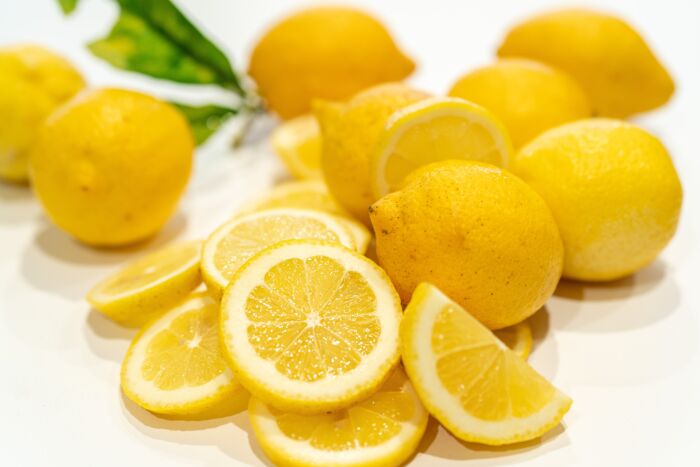
The leftovers from lemon processing become supplements and nutraceuticals thanks to the innovative methodology patented by ENEA in collaboration with the Innovative Start-Up Navhetec and Agrumaria Corleone. The supplements and nutraceuticals obtained from the processing of lemon waste can be used in the prevention of certain diseases such as obesity, diabetes, hypercholesterolemia and cardio-vascular disorders.
The innovation is based on the use of ‘membrane separation’ technology, developed by ENEA, combined with subsequent encapsulation and drying phases using spray-drying or spray drying technology: in this way from the waste and by-products obtained during the processing of the lemon nanovesicles are obtained, that is very small spheres rich in bioactive compounds such as nucleic acids, polyphenols, lipids and proteins.
Some in vivo and in vitro studies carried out by Navhetec already in 2015 have shown a strong action of reducing the growth of cancer cells, while ongoing studies highlight its anti-inflammatory properties. Furthermore, in 2019, following the experimentation of the patented system on some healthy volunteers, a reduction in some cardiovascular risk factors, such as LDL-cholesterol and waist circumference, emerged.
The patent is also applicable to other vegetable matrices and allows to obtain a product that is easy to dose and use, with high stability and shelf life, easily transferable on an industrial scale, with reduced production costs and times compared to traditional ultracentrifugation techniques.
“The patent, also useful for the formulation of foods and beverages with nutraceutical properties, is inspired by the zero waste principle in production processes and is able to respond to both environmental and economic needs, linked on the one hand to the reduction of disposal costs and on the other hand to the transformation of agro-industrial waste into bioproducts with high added value ”, underlines Paola Sangiorgio, researcher of the Bioproducts and Bioprocesses Laboratory of the ENEA Research Center in Trisaia.
The initiative is part of ENEA’s research and development activities for the improvement and sustainability of production processes and the application of the principles of circular economy through the use of agri-food waste to obtain new materials and intermediates from use in the food and no-food sectors.